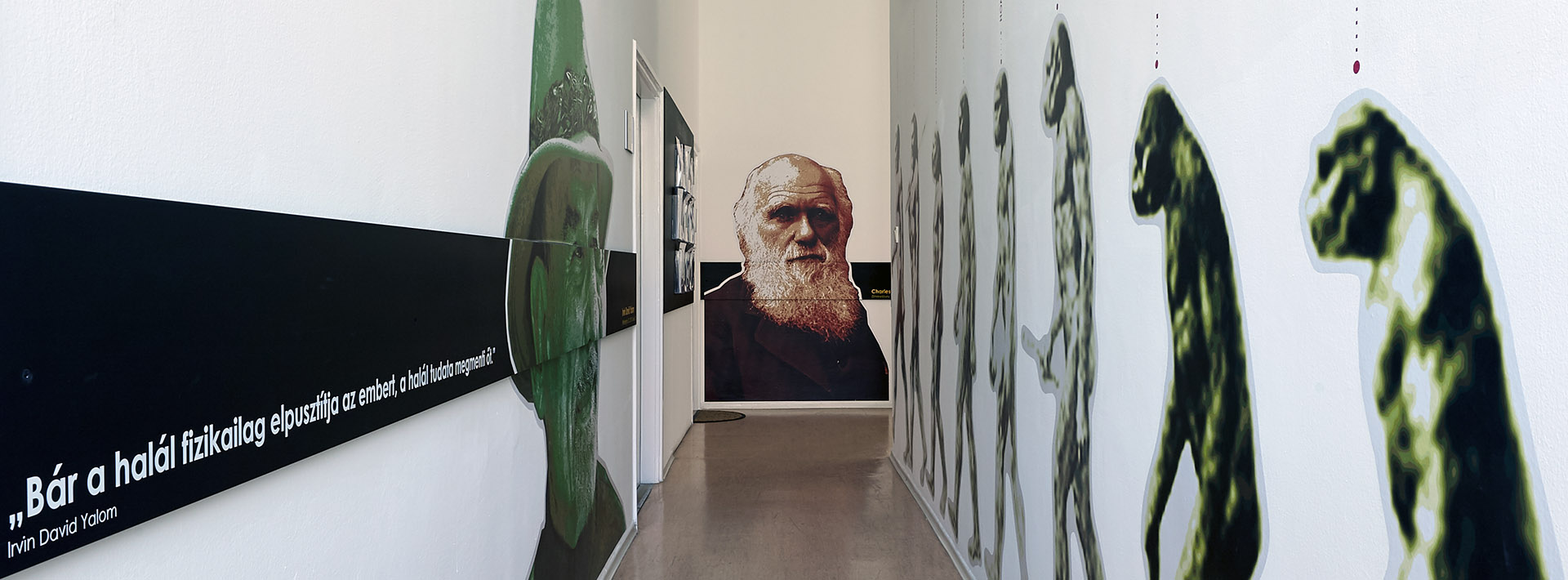Adatok
A Tantárgybejelentőben megadott hivatalos adatok az alábbi tanévre: 2024-2025
Tantárgyfelelős
-
Tuboly Ádám Tamás
research associate professor,
Óraszámok/félév
előadás: 12 óra
gyakorlat: 0 óra
szeminárium: 0 óra
összesen: 12 óra
Tárgyadatok
- Kód: OTF-ALT-T
- 1 kredit
- Biotechnology BSc
- Optional modul
- autumn
Nincs
Kurzus létszámkorlát
min. 5 fő – max. 35 fő
Campus kurzusként elérhető . Campus-karok: BTK TTK
Tematika
The course covers “alternative facts”, “post-truth”, and “pseudoscience” by introducing the concepts and their characteristics. The main goal is that by the end of the lectures, student shall be able to recognize, identify, and criticize these notions within the sciences (especially within medical science) and public debates. The interdisciplinary framework to assess these current challenges are provided by sociology, history, and philosophy of science, critical thinking, and argumentation. By discussing such concepts as knowledge, fact, distortions, fake news, bad and pseudoscience, we analyse all those places and points where people tend to bend reality in their favour (alternative facts), misuse and abuse weak points of the scientific edifice (pseudoscience). Besides recognizing all these dangers, in the last lectures we also provide further positive strategies, so the students will be more prepared in their everyday and scholarly practices against the pseudosciences and defenders of alternative facts.
Előadások
- 1.
Introduction, registration, administration
- Tuboly Ádám Tamás - 2.
What is science? Which place the medical sciences occupy among the sciences?
- Tuboly Ádám Tamás - 3.
What is knowledge? Making of medical knowledge
- Tuboly Ádám Tamás - 4.
What are facts? The distinction between facts, alternative facts, and theory-laden facts
- Tuboly Ádám Tamás - 5.
What is pseudoscience? The demarcation problem and Sir Karl Popper
- Tuboly Ádám Tamás - 6.
From junk science to fraud science and fringe science
- Tuboly Ádám Tamás - 7.
Cognitive distortions: examples and definitions 1.
- Tuboly Ádám Tamás - 8.
Cognitive distortions: examples and definitions 2.
- Tuboly Ádám Tamás - 9.
Struggles of science communication (the deficit model)
- Tuboly Ádám Tamás - 10.
The ethics of science communication
- Tuboly Ádám Tamás - 11.
Debunking and understanding the (pseudo)sciences
- Tuboly Ádám Tamás - 12.
Inoculation and psychological approaches to alternative facts
- Tuboly Ádám Tamás
Gyakorlatok
Szemináriumok
A tananyag elsajátításához szükséges segédanyagok
Kötelező irodalom
Dániel Bárdos and Adam Tamas Tuboly: Science, Pseudoscience, and the Demarcation Problem. Book manuscript under review at Camrbidge University Press.
Michael Gordin (2023). Very Short Introduction to Pseudoscience. Oxford University Press.
Saját oktatási anyag
Jegyzet
Ajánlott irodalom
Lee McIntyre (2018). Post-Truth. MIT Press.
Miriam Solomon (2015). Making Medical Knowledge. Oxford University Press.
Lee McIntyre (2022). How to Talk to a Science Denier. MIT Press.
Jacob Stegenga (2018). Medical Nihilism. Oxford University Press.
Robert Park (2000). Voodoo science The road from Foolishness to Fraud. Oxford University Press.
A félév elfogadásának feltételei
.
Félévközi ellenőrzések
Active participation in the course, a final essay at the end.
Távolmaradás pótlásának lehetőségei
Possible by individual appointment.
Vizsgakérdések
.
Vizsgáztatók
- Tuboly Ádám Tamás
